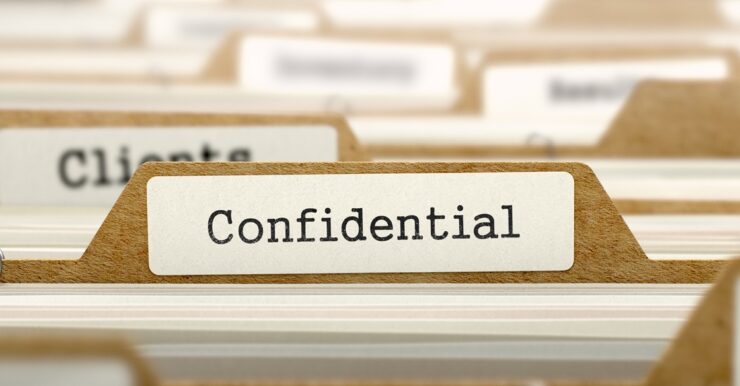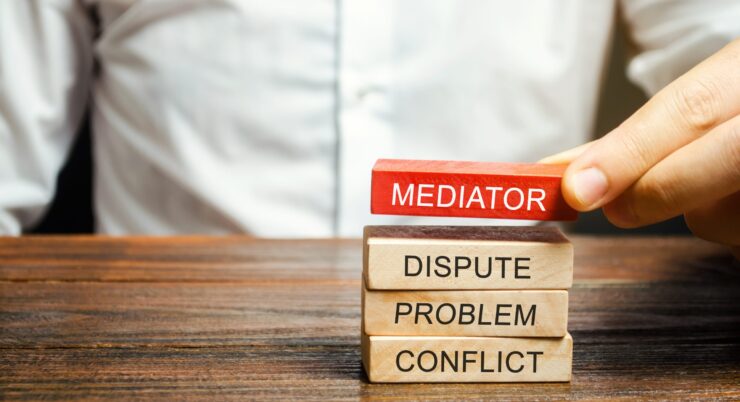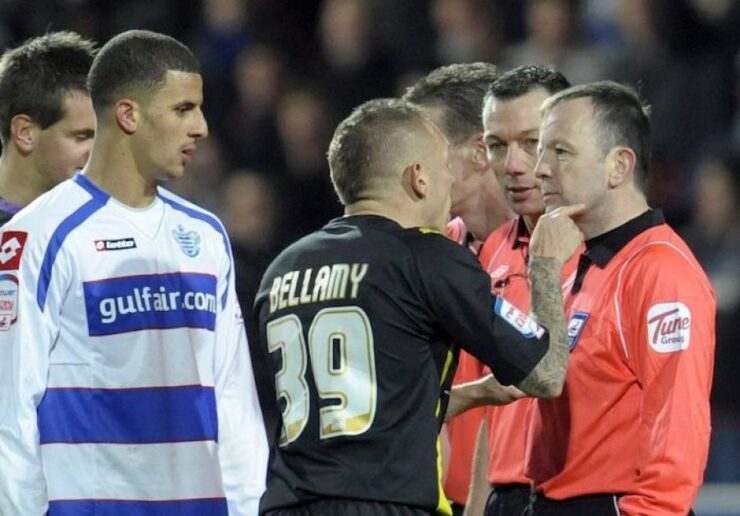Mediation is not just an option for the resolution of conflicts. This process can happen under the court orders, and the court approves the proceedings when both parties reach an agreement for settling the disputes. Moreover, it is a cheap way to solve significant sports complaints because you will cut the costs otherwise payable in the shape of lawyer fees, whom you hire to represent and protect your standpoint in court proceedings.
Technically, mediation relates to negotiating with the other party instead of fighting for the accuracy of your standpoints. You engage mediation experts of mediator services like sportsmediationservice.org.nz who will work together with you and the other party in complete neutrality, and their past experience in helping clients settle their similar disputes in the past provides a critical advantage. So even when you have problems communicating with the other party, the mediation guys can help you clarify your thoughts and explain your standpoint.
A formal mediation process consists of 6 steps usually:
- At the start of the mediation, the mediator gives his introductory remarks, and both parties listen to him.
- These introductory remarks are followed by statements of both parties that explain their standpoints.
- Mediators spend time gathering information out of the statements of both parties.
- This gathered information helps the mediator identify the leading cause of a problem.
- Out of this information, the mediator can start proposing options for the resolution of the conflicts. So, he may bring multiple opportunities to present, and the complainant and respondents will consider these.
- Reaching an agreement would be the final step.
So, it is understandable why the mediator’s experience would play the most critical role in the success of the mediation process. This guy does not act like some judge or arbitrator. He is not supposed to take steps for deciding the results as some judges proceed in courts. Instead, he reaches the origin of the problem to propose options to both parties to reach agreements to resolve the dispute.
So in this way, mediation is a process where the court motivates the complainant and respondent to explain their standpoints, determine the weaknesses and strengths of their explanations, and the mediator comprehends options for dispute management during the later discussions so that parties can reach an agreement. Other than this, the mediator satisfies the parties about the agreement statement before getting signed. Due to this, everything will remain clear to everyone.
All parties work together and deal with trust. Since the information shared during the proceedings of a mediation process are not presentable in court, this gives you the freedom to explain the strength of your standpoint. While the economic aspect of mediation makes it very affordable, this also helps in knowing the differences you have with the respondents. Yes, no legal rules will be imposed on anyone, and only the reality will get uncovered – when you meditate.
Most conflicts resolve simply because either complainant or respondent or both will agree to make compromises after they discover their position in a match. More on to this, a mediator is present to explain and analyze the standpoints from a neutral perspective. Therefore, both parties can trust him to avoid the significant dangers if the courts decide against their views, proving them wrong.
If we summarize everything, these are the main reasons sports mediation has become so popular.
1. It is Very Affordable In Comparison With Court Proceedings

Most sports mediation programs are affordable due to affordable mediator fees. In most cases, the parties only pay for the attorney fees, and they appoint these to discuss their issues in legal backgrounds.
2. Impartiality and Fairness of Mediation

Because both parties get an opportunity to speak, and the mediator only listens to both parties’ standpoints, the complainant and respondent parties get an equal say in the process to control the outcome. The mediator’s role is to identify any differences to provide a common ground for resolving the matters. So he would deliver his wise opinion and parties can listen to him. So there is absolutely no determination of the innocence or guilt of someone, and we can listen to or reject the opinion. A mediator can provide insights into the possible outcomes where the parties accept or reject a solution, which can become a great blessing.
3. Time and money savings
When your dispute is in the earliest stages, the mediation can do wonders by avoiding worst-case scenarios where court orders often lead to grievances on either side. Moreover, because the disputes solve at the earliest stage, both parties save cash payable under attorney dues and court proceeding fees. Another point is that no emotional toll happens, and no need to worry about uncertain judicial outcomes.
4. Uncompromised Confidentiality

None of the information shared to explain your standpoint can be reproduced later during the court proceedings. And the court cannot accept any such things as pieces of evidence. So everything remains confidential, and if anything can reach outside, this is the document signed by both parties that contains a dispute resolution agreement. The mediator destroys even his notes created to understand the differences between standpoints. This makes mediation a very confidential process.
5. Fostering cooperation with mediation

Mediation fosters a problem-solving mindset between parties in a dispute. It encourages them to work together towards reaching the source of problems. So when you know their differences, it gets easier to find any peaceful grounds that would be acceptable to both parties. For this reason, the mediators involved with them to share any possible options. Moreover, everything happens in a pure confidential and neutral setting, so you can even discuss any underlying disputes as well. Such enhanced discussions often pave the way towards a satisfactory outcome.
6. Getting more personalized solutions is possible with mediation
The mediator’s skill and past knowledge in dispute resolution are critical for the success of a mediation process. For example, understanding how to actively encourage everyone to participate in discussions can produce better than expected results. In addition, with the help of a mediator, you can discuss any other underlying issues that do not relate to the actual dispute but maybe one of the issues that brought you to conflict.




























